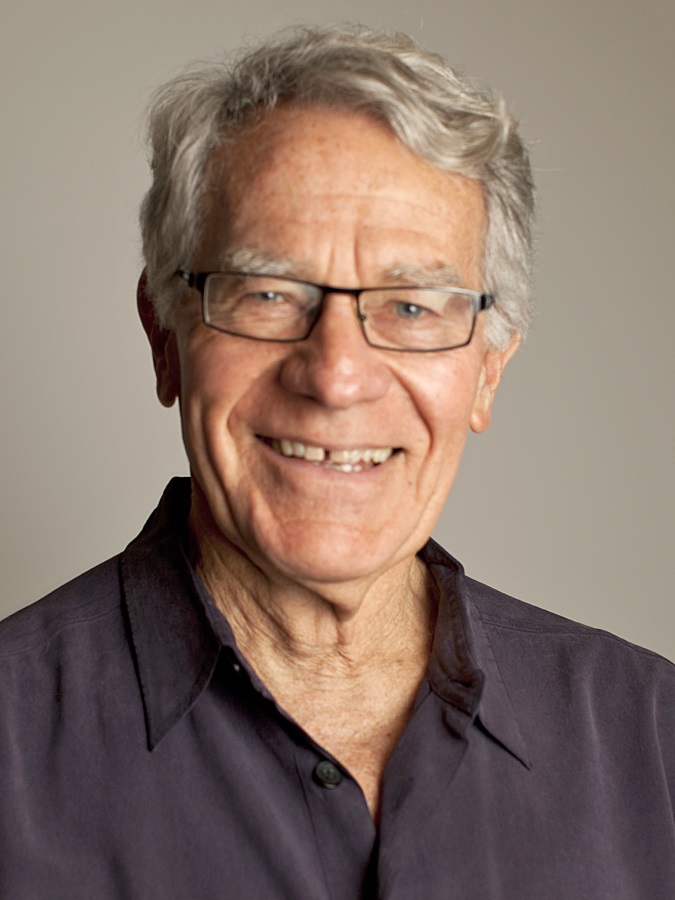BERKELEY, CA, October 16, 2020 /24-7PressRelease/ -- Marquis Who's Who, the world's premier publisher of biographical profiles, is proud to present Thomas Gordon Trippe with the Albert Nelson Marquis Lifetime Achievement Award. An accomplished listee, Dr. Trippe celebrates many years' experience in his professional network, and has been noted for achievements, leadership qualities, and the credentials and successes he has accrued in his field. As in all Marquis Who's Who biographical volumes, individuals profiled are selected on the basis of current reference value. Factors such as position, noteworthy accomplishments, visibility, and prominence in a field are all taken into account during the selection process.
Now retired after a respected career in physics, Dr. Trippe enjoyed more than three decades with the Lawrence Berkeley National Laboratory as a staff physicist and senior physicist until his retirement in 2002. He subsequently contributed for over a decade at the lab, working part-time with the Particle Data Group between 2002 and 2012. Dr. Trippe also taught as a lecturer of physics at the University of California at Los Angeles (UCLA) in 1968, shortly after completing his graduate work on campus. His leadership skills also came into play in community service when, for many years, he led the Northside Emergency Preparation Group, a Berkeley neighborhood group with over 100 households.
Upon receiving his PhD in 1968, Dr. Trippe was awarded a National Science Foundation Fellowship, which allowed him to pursue research at the European Organization of Nuclear Research (CERN), one of the best high energy physics laboratories in the world. There he worked on development of large proportional wire chambers for the measurement of CP (charge-parity) violation in the decay of long-lived neutral K mesons, elementary particles with the property called "strangeness", a property carried by the "strange" quark. When he returned to the US, he took a position with the Particle Data Group (PDG) at Lawrence Berkeley Laboratory, a respected data compilation project which produced the Review of Particle Properties, sometimes referred to as the bible of high energy physics. Dr. Trippe was responsible for all data on stable, i.e. weakly decaying, particles, such as the K meson. He remained with the PDG for four decades, with the exception of 1973, when he returned to CERN to work on the ISR (Intersecting Storage Rings), a new generation of machine which collided two interlaced rings of protons.
Dr. Trippe was promoted to head the PDG in 1982. Soon thereafter, he instituted a policy that all PDG members could pursue research half time. This policy helped PDG stay current in physics and strengthened the group's ability to hire excellent people. Dr. Trippe used this opportunity to join the Lead Glass Wall experiment at SPEAR, the Stanford Positron Electron Accelerating Ring at the Stanford Linear Accelerator Center. There he contributed to measurements of the properties of the newly discovered "tau" lepton. Subsequently he joined the D0 experiment, running on the Tevatron collider at Fermilab where his research included contributions to the discovery of the "top" quark, a joint discovery of the D0 and CDF experiments.
As a result of his years of work on various experiments, he disseminated many of his research findings in over 200 articles in peer-reviewed journals. His work with the PDG formed part of the annual or biennial publication of the Review of Particle Physics (formerly Review of Particle Properties), which had grown by 2010 to a voluminous book of 1,422 pages containing not only the data compilation and best results for all elementary particle properties, but review articles on every aspect of particle physics. This is the most cited publication in particle physics.
Dr. Trippe benefited greatly from the public education system in California in the 1950's and 60's, whose low cost allowed him to continue education after high school while working part-time and summers. Following his graduation from high school, he went to Pasadena City College, where he planned to study civil engineering. However, after taking a course in physics, taught by Prof. George Smith, and later hearing a lecture presented by Prof. Richard Feynman, a well-known American theoretical physicist and Nobel Prize winner, he eventually pivoted toward physics. Dr. Trippe notably received a Bachelor of Arts and a Doctor of Philosophy at UCLA in 1962 and 1968, respectively, while being granted teaching assistantships and research assistantships for financial support. Dr. Trippe benefited from invaluable advice given to him by Prof. Nina Byers and Prof. David Saxon at UCLA and for the ongoing advice and encouragement throughout his graduate and postdoctoral years from Prof. Peter Schlein, his thesis advisor at UCLA.
About Marquis Who's Who®
Since 1899, when A. N. Marquis printed the First Edition of Who's Who in America®, Marquis Who's Who® has chronicled the lives of the most accomplished individuals and innovators from every significant field of endeavor, including politics, business, medicine, law, education, art, religion and entertainment. Today, Who's Who in America® remains an essential biographical source for thousands of researchers, journalists, librarians and executive search firms around the world. Marquis® now publishes many Who's Who titles, including Who's Who in America®, Who's Who in the World®, Who's Who in American Law®, Who's Who in Medicine and Healthcare®, Who's Who in Science and Engineering®, and Who's Who in Asia®. Marquis® publications may be visited at the official Marquis Who's Who® website at www.marquiswhoswho.com.
# # #
Contact Information
-- --
Marquis Who's Who Ventures LLC
Uniondale, NY
USA
Telephone: 844-394-6946
Email: Email Us Here
Website: Visit Our Website




